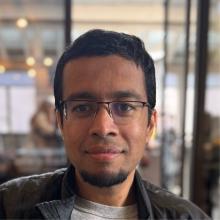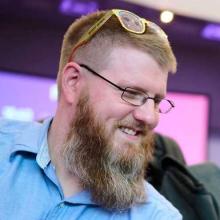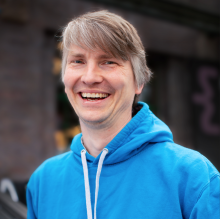Abstract
Change is hard. Changing an industry as complex as Healthcare is doubly hard. With conflicting interests, complicated synchronization practices, diverse api integration requirements and an aging, overly complex application, our path from on-prem to cloud-native was not simple.
In this talk, we look at the challenges we faced, the hurdles we overcame (and some we didn’t), and the thinking behind the choices we made throughout our journey.
We will look at how we leveraged api patterns to solve problems with complexity, modern frameworks to solve, or at least hide, legacy code and cloud-native technologies to provide security and observability across the entire application. We will also analyse some of the options we didn’t use, and discuss why.
In software engineering, it’s easy to be swayed by the latest and greatest and most exciting patterns, frameworks and products. It's not always easy to know when it's appropriate to use them, and when good is enough. In this talk, we’ll look at one company’s journey through a cloud migration. We will look at issues such as:
- synchronous vs asynchronous communication
- observability at scale
- building api integrations
- micro-services at human (rather than planetary) scale
Speaker

Leander Vanderbijl
Senior Engineer @Livi, Previously Principal Engineer @Informa, 13 Years Developing, Managing, and Integrating Diverse Online Systems and Applications
Leander is an engineer and architect that has worked across the entire stack and has been working at Kry/Livi for the past number of years. He has developed large enterprise applications, migrated cloud platforms, designed data query frameworks, architected integration systems and built lots and lots of APIs. Having worked in large enterprises, small companies and, most recently, in healthcare, he has built the monolith, torn it apart and then rebuilt it again.







